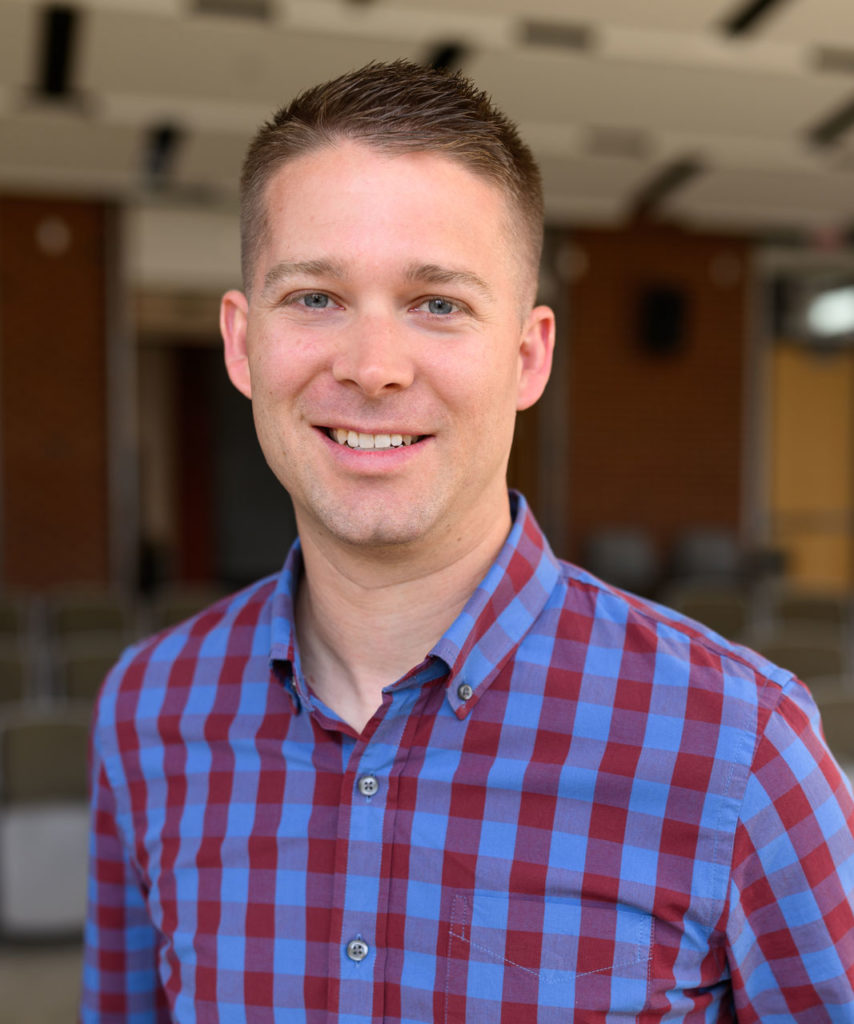PhD Students

Ryan Barney
Education
Master’s in Social Work, University of Texas at Austin
Bachelor’s in Psychology, Brigham Young University
Teaching Interests
- Generalist practice
- Clinical practice
- Practice with military populations
Research Interests
- Compassion fatigue in military helping professionals
- Leadership and human performance in the modern military environment
- Socio-emotional development of adolescent males
Invited Lecturers
- Rooks, D., & Barney, R. (2024, March 19). Social work practice in the armed forces. SW124 Introduction to Social Work with Diverse Populations. University of Kentucky College of Social Work. Lexington, KY.
Publications
- Clark, S.L., Miller, B., Akin, B.A., Barney, R.K., Carr, K., Wright, K., & McArthur, V. (in press). An examination of the association between child welfare workforce well-being and use of case work skills with children and families. Child Abuse & Neglect.
- Dowdy-Hazlett, T., Cooley, M., Clark, S.L., Engelhardt, E., Mitchell, J.S., & Barney, R.K. (In press). Compassion fatigue and compassion satisfaction among foster parents. Child Welfare.
Presentations
- Clark, S., Barney, R., Pope, N.D., Dowdy-Hazlett, T., Latimer, A., Mitchell, J. (Accepted). “We foster a culture of compliance”: Exploring social workers’ experiences with moral distress. Council on Social Work Education 70th Annual Program Meeting. Kansas City, MO.
Bio
Ryan is an active-duty Air Force officer currently completing his PhD in social work at the University of Kentucky. Prior to his current academic studies, he was the Family Advocacy Officer for Space Base Delta 1, tasked with the prevention and treatment of domestic violence and child abuse at 3 separate installations in Colorado Springs, CO. He completed his MSSW at the University of Texas at Austin in 2016 and has a bachelor’s degree in psychology from Brigham Young University. He has practiced as an LCSW in a variety of clinical settings with adults and adolescents, treating issues such as substance abuse, family violence, depression, anxiety, and trauma-related disorders.

